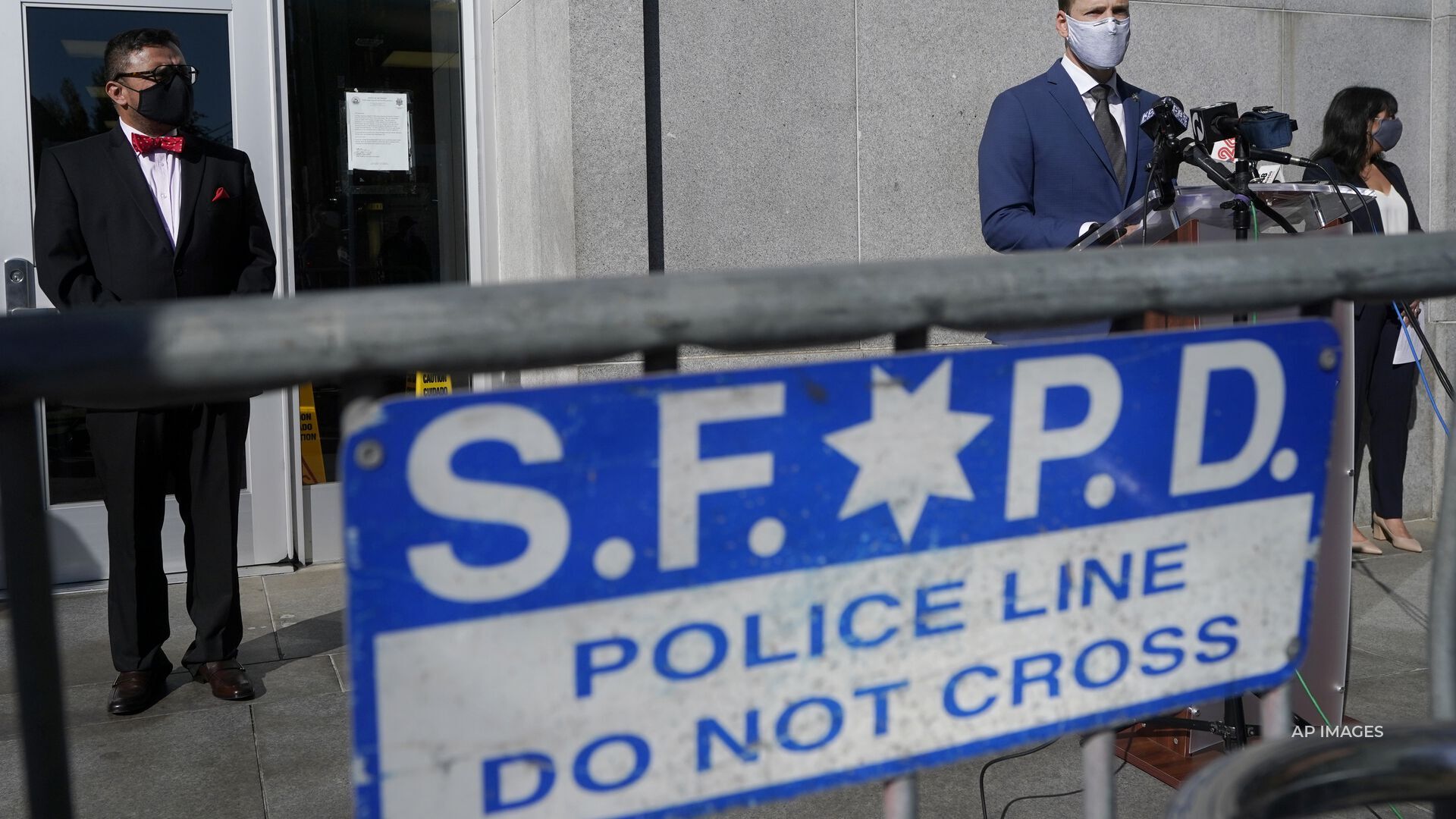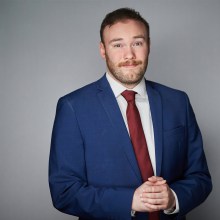
Murder of Cash App creator underscores San Francisco’s crime problem
By Jack Aylmer (Reporter/Producer ), Brian Spencer (Editor)
Media Landscape
This story is a Media Miss by the right as only 18% of the coverage is from right leaning media. Learn moreBias Distribution
Left
Untracked Bias
Tech entrepreneur Bob Lee, who helped launch Cash App and was most recently employed by the cryptocurrency startup MobileCoin, was stabbed to death April 4 on the streets of San Francisco. Lee had lived in the city for a number of years before reportedly relocating to Miami due to reported concerns he had about San Francisco’s rising crime, and had only returned to the area for a business trip when he was killed.
So far, police say that no arrests have been made. However, San Francisco Police Chief William Scott remains confident a breakthrough will come, saying that he was “100% sure” the perpetrator would be found and that “there’s evidence that we found that I can’t talk about because we don’t want to jeopardize this case.”
“This was a tragedy, and a crime, and it’s under investigation, you heard it from the chief,” San Francisco Police Commissioner Kevin Benedicto added. “We don’t know all the facts, the department will update the public and commission and when we do.”
Lee’s death prompted Twitter CEO Elon Musk, who’s social media company is headquartered in the city, to comment on the rise of local violent crime, calling it “horrific.” Others within San Francisco’s prominent tech industry, like Matthew Ocko, co-founder of DCVC, have also commented on the killing and its ties to the area’s crime problem.
“Bob Lee was a friend to me and multiple people in my firm. My heart goes out to his loved ones,” Ocko tweeted. “[Former San Francisco District Attorney] Chesa Boudin, and the criminal-loving city council that enabled him and a lawless [San Francisco] for years, have Bob’s literal blood on their hands. Take action.”
These remarks about San Francisco’s crime rate being responsible for tragedies like this reflect a sentiment shared by many others who reside in the city. According to a poll conducted by the San Francisco Chronicle, over the last five years, nearly half of the respondents had been a victim of property crime, and 65% reported that the quality of life in the city is worse now than when they moved there. Meanwhile, the number of reported assault cases is up by 2% and robberies are up by 14% this year, as violent crime rates have risen steadily since the onset of the COVID-19 pandemic.
Though San Francisco sees fewer annual homicides than other major cities like Los Angeles, New York City and Chicago, or even smaller cities like Minneapolis and Milwaukee, murder rates have still been increasing as of late, up more than 36% since 2019. The crime trends for the year as of April 2, 2023, have 12 homicides listed compared to 10 for that same period last year.
These trends were seemingly enough to convince San Francisco Mayor London Breed to reverse some of her policies regarding policing. Back in 2020, during the wake of George Floyd’s killing and resulting calls to defund law enforcement, Breed announced a $120 million budget cut for the city’s police and sheriff’s departments, which would instead be spent on addressing disparities in the Black community.
“With this budget, we are listening to the community and prioritizing investments in the African American community around housing, mental health and wellness, workforce development, economic justice, education, advocacy and accountability,” Breed said at the time.
However, come 2021, Breed changed her plan, pledging to be “more aggressive with law enforcement,” and the following year the San Francisco Board of Supervisors approved a $50 million increase for the police department’s budget. The mayor explained this was part of the city needing to “change course on how we handle public safety in San Francisco.” Ultimately, the San Francisco Police Department budget increased overall by 4.4% from 2019 to 2022.
“The priorities we need to make must be to protect, must be to turn things around in their neighborhood. When you are in a room full of people, I would say probably anywhere between 90 and 95% of folks could raise their hand and say that either their car has been broken into, or they’ve been a victim in some capacity or another. That is not ok,” Breed said during a press conference. “That is not acceptable. And it’s time that the reign of criminals who are destroying our city, it is time for it to come to an end.”
This has all contributed to what some call a “doom loop” — when a domino effect of problems lends itself into making each subsequent issue worse. In San Francisco, this can in part be attributed to events like recent big tech layoffs and the collapse of the Silicon Valley Bank. These types of incidents have led to fewer people occupying the city, bringing tax revenue down and causing business closures, and a surge in remote work from the tech industry has not helped matters.
The San Francisco Chronicle reported nearly three-quarters of local residents who left the city during the pandemic to work from have not returned, as office space vacancies increased by almost 300% from pre-pandemic levels. The empty streets then become a breeding ground for crime, which law enforcement and other public workers have had less resources to combat as a result of those diminished tax funds.
As the growing crime data continues to concern the citizens of San Francisco, friends and family of Bob Lee do not care much about statistics. They just want answers.
“I’m devastated that somebody would be so cruel to take away my father’s life,” Lee’s daughter said , according to NBC.
Media Landscape
This story is a Media Miss by the right as only 18% of the coverage is from right leaning media. Learn moreBias Distribution
Left
Untracked Bias
Straight to your inbox.
By entering your email, you agree to the Terms & Conditions and acknowledge the Privacy Policy.
MOST POPULAR
-
 Getty Images
Getty Images
Democrats in Congress receive lowest approval rating in Quinnipiac poll history
Watch 2:599 hrs ago -
 Getty Images
Getty Images
AG Bondi reviewing Epstein documents for release, could hold client list
Watch 1:4810 hrs ago -
 Getty Images
Getty Images
Speaker Johnson won’t support DOGE stimulus checks
Watch 2:0611 hrs ago -
 Reuters
Reuters
UN chief reveals his plan for peace in Haiti to Caribbean leaders
Watch 2:1513 hrs ago




